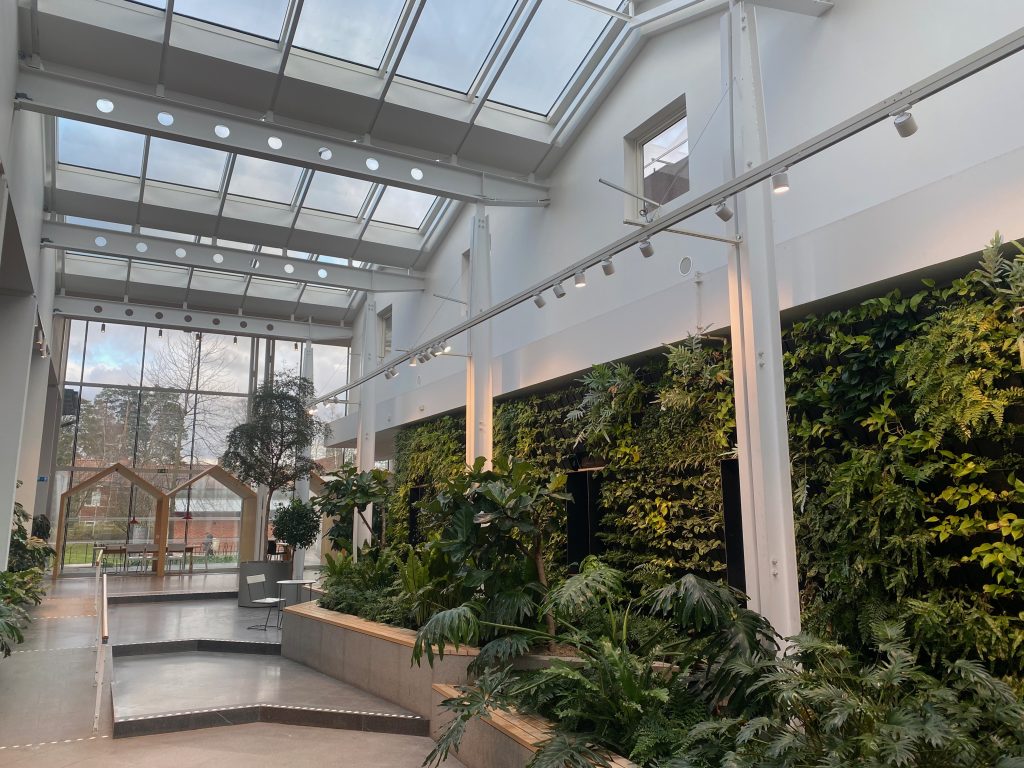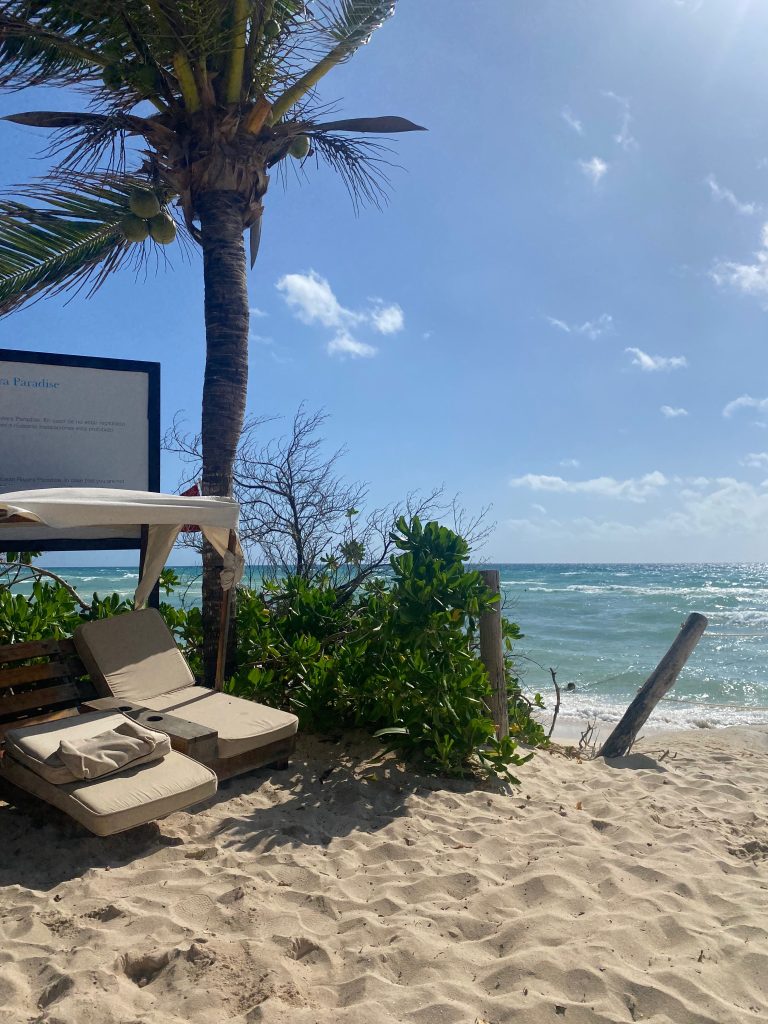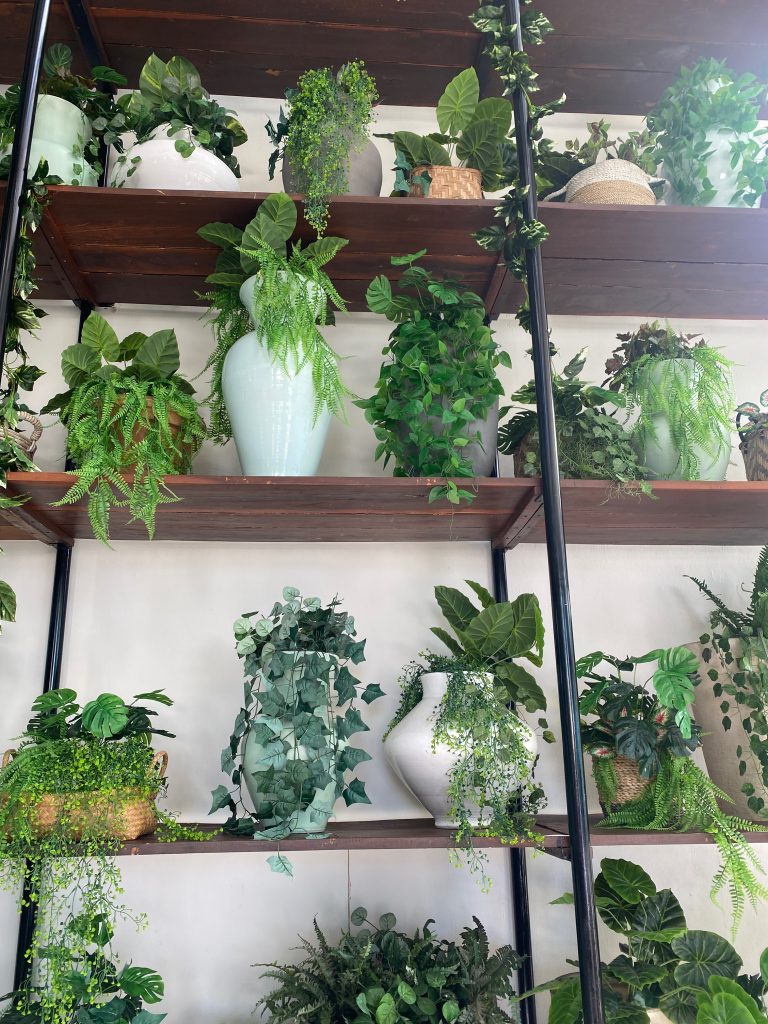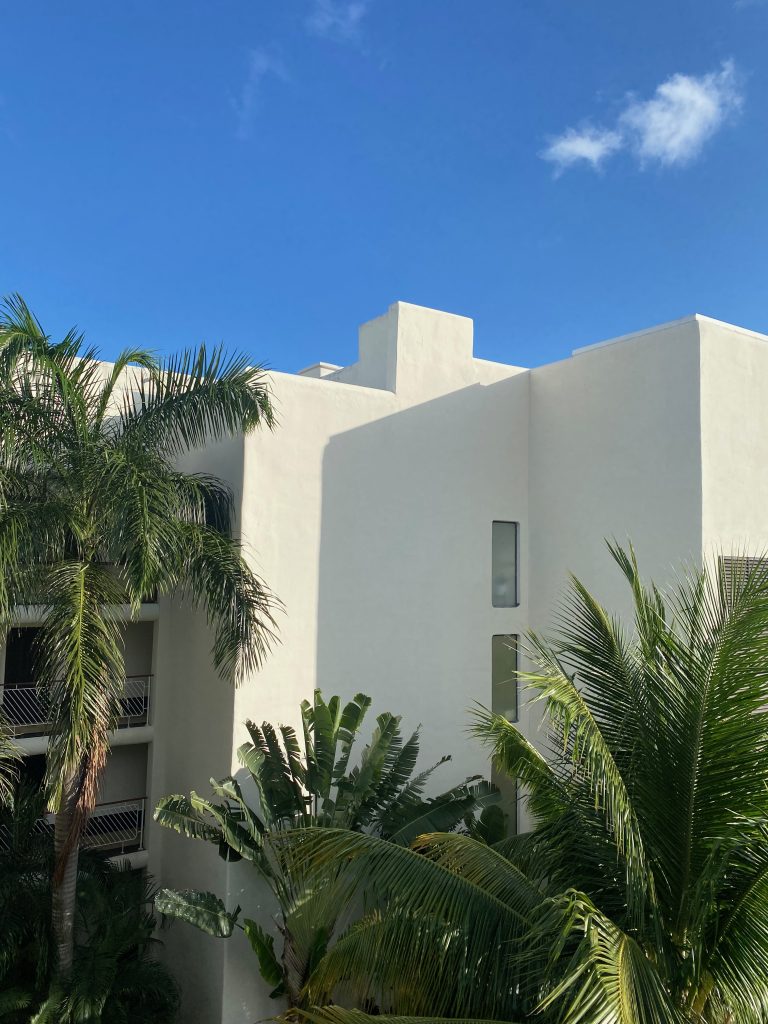
Grill-a-GH-student: the most common questions I’ve been asked about Global Health (Part 2)
Hej and welcome back! Here’s a continuation of the most common questions I’ve been asked as the Digital Ambassador (DA) for the Global Health Masters programme. There may even be a part three, as there have been a lot of people with a lot of questions, so if you haven’t had a question answered yet, feel free to email me and your question might make it onto the next blog! But without further ado, lets dive in to part 2:
What is the course structure over the year?
Typically, for just over half of the academic year you will have classes, and then for the rest of the time you will work on the thesis. For us, this meant classes from August/September until the end of January, and then from February to May we have been completing our theses. We completed 4 modules before Christmas, and 2 modules during January. More information on the course from the KI website can be found here.
What happens during the December break?
So, some of you may have heard that the Christmas or December break isn’t really a break, and in fact there are online classes and assignments. Whilst this is different between Masters degrees, and may change for the next academic year, for us this break mainly involved thesis assignments. During the roughly 3 weeks we didn’t have classes, we had to submit our thesis outline and proposal, and present our thesis proposal to the class. The proposal seminars caught us all by surprise, as although they were on zoom, we weren’t informed that we’d need to attend all 4 days of the seminars – which led to difficulties with booking flights back to Sweden, and dealing with time difference in order to attend the sessions. These seminars were early January for us (2nd to 5th) – so I’d be aware of these when thinking about travel and when to return to Sweden, as it was definitely much easier to attend these when the time difference wasn’t 5+ hours!

Do you have to work on the thesis at the same time as having classes?
Yes and no – but not really! There are a few deadlines, such as the thesis outline and proposal, that are due right after classes finish in December, and so I personally worked on these documents whilst also having classes so that I could have more of a break over Christmas. However, apart from this, you really don’t need to work on your thesis until classes end in January, because February to May is plenty of time to get everything done! Bear in mind that your supervisor may want you to complete things before that time period, so it is worth discussing with them whether they would like you to work on the thesis before February.
How does finding a thesis project work?
Generally, you send out emails to researchers you would be interested in working with, and hope they reply to you! Email culture in Sweden is very informal, and it is completely acceptable to send a reminder email if you don’t hear from someone within a week or two. Finding projects can happen through interesting classes, through looking at the department website (linked here), or through the list of possible projects which is updated by the class administrator (this will be provided on Canvas, the learning resource software you will use for this degree). I’ve also written a previous blog on this topic which you can find here!
Can you do an exchange or an internship during this programme?
With this programme still being a one year programme for next year, there isn’t really enough time to do an exchange or an internship during the course, and it’s not integrated into the schedule for the year. If you are very organised, and find an internship with UNICEF or WHO that you desparately want to do, you might possibly be able to do this during the thesis portion of the year – but you would need to be very organised, and I’m not sure I would recommend it. What I would recommend is finding ways to travel through your thesis – there are several projects which are looking at settings outside of Sweden, and offer the opportunity to travel to understand the context that you are researching. This year, my classmates travelled to Malawi, Argentina, Tanzania, Nepal, and India, just to name a few. So, whilst there might not be the opportunity for a formal exchange, travelling through the thesis is a great way to get some on-the-ground experience of Global Health.



Travelling during the thesis (Photo credits: Emily Tan)
Again, I hope this answered some of your questions! If not, feel free to email me! Until next time!

Emily - Global Health
Hi, I’m Emily! I’m from the UK, the USA and Malaysia, and I’m studying the Master’s in Global Health this year. I’m a medical student in the UK, and hope to work either in Emergency Medicine or Women’s Health, as well as in health policy development and implementation. In my free time, I love playing sports, thrift shopping, hiking and the outdoors, and trying out new cafés (all of which I have heard Stockholm is perfect for!). I’m excited to travel around Scandinavia this year, start some new sports, and explore the shops and cafés in Södermalm.

0 comments